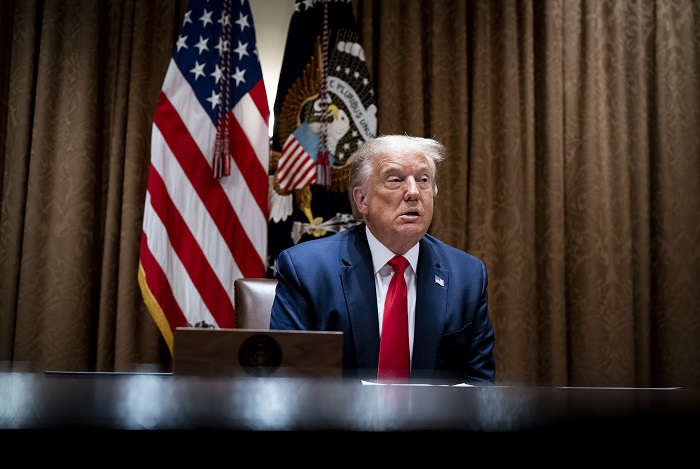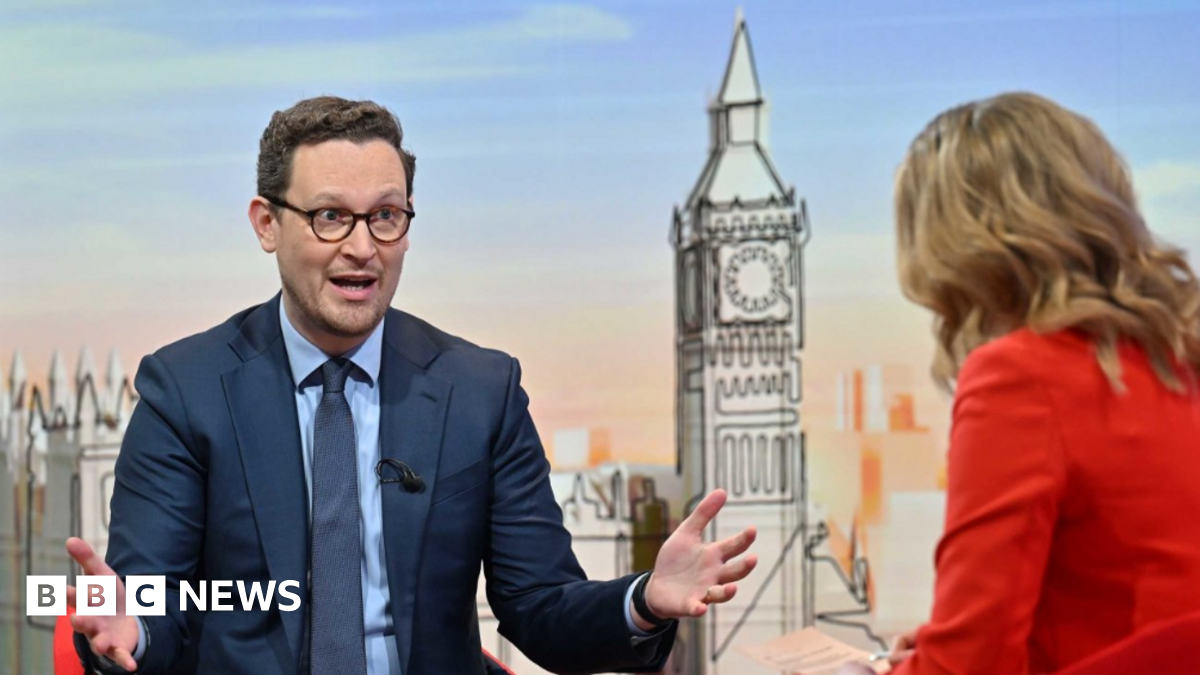Chancellor Olaf Scholz is coming under growing pressure to drop his resistance to sending German-made cruise missiles to Ukraine after the US allowed Kyiv limited use of its weapons for strikes inside Russia.
US President Joe Biden has authorised Ukraine to launch limited strikes into Russia’s Kursk region using US-made long-range missiles, a major policy shift before Donald Trump takes office in January.
Scholz has long been resistant to sending Germany’s long-range Taurus missiles to Ukraine over fears that such a move would drag Nato states into the conflict. A spokesperson for the chancellor reiterated his position on Monday.
But calls for Scholz to change his policy are growing. Economy minister and Green candidate for chancellor Robert Habeck said on Sunday that he would send Tauruses if he prevailed in the country’s snap elections in February.
Marie-Agnes Strack-Zimmermann, a senior MEP, noted that the Greens, opposition Christian Democratic Union party and her party, the liberal FDP, were all in favour of supplying Tauruses to Ukraine.
She told German radio that there was now a “numerical majority in the Bundestag [for this]”.
German-made Tauruses would significantly bolster Ukraine’s ability to inflict damage on Russia, analysts said. The weapons have an intelligent warhead system that can ensure maximum damage to structures such as bridges and bunkers, and have a range in excess of 500km.
Scholz’s intransigence on Tauruses contrasts with the positions of the UK and France, which have both been urging Biden to back them in authorising Ukraine to use their Storm Shadows and Scalps to hit targets in Russia.
Unlike Germany’s Tauruses, Ukraine has some Storm Shadows and Scalps. However, Biden has until now backed their use for fear of triggering further escalation of the conflict.
The increased pressure on Scholz also comes at a delicate time for the chancellor, who pulled the plug on his coalition this month.
He was criticised by Ukrainian President Volodymyr Zelenskyy for holding an hour-long phone conversation with Russian President Vladimir Putin last Friday, his first in nearly two years.
Zelenskyy accused him of “opening Pandora’s box”. “This is exactly what Putin has long sought. It is critical for him to weaken his isolation,” he said on X.
On Monday, Polish President Andrzej Duda took aim at Scholz, saying it was a “pity” that Germany did not join France and the UK in aligning with the US on helping Ukraine defend itself with more missiles.
EU chief diplomat Josep Borrell on Monday said he hoped other EU member states would follow the US decision to allow Ukraine to strike targets in Russia.
“Ukraine should be able to use the arms we provide in order not only to stop the arrow but also to be able to hit the archers,” Borrell said. “I hope member states will agree on that.”
French foreign minister Jean-Noël Barrot said on Monday that France had been willing to lift restrictions for Ukraine for the past six months.
“We openly said that this was an option that we would consider if it was to allow to strike targets from where Russians are currently aggressing Ukrainian territory,” Barrot said.
Annalena Baerbock, the German foreign minister and member of the Greens, also praised the US move. “Self-defence means that you don’t wait until rockets hit a children’s hospital . . . but that you stop this military terror already at the launch,” she said.
Ukraine is in desperate need of new weaponry as its frontline crumbles. But the overall impact of any deployment of long-range missiles depends on whether the US will expand the area in which they can be used, say experts.
If limited to Russia’s Kursk region, the weapons would not significantly change the dynamics of the war, said military expert Mykola Bielieskov.
“The frontline needs to be stabilised fully, which requires ATACMS strikes along the whole” of its length, said Bielieskov.
Biden’s decision comes almost two years after Ukraine first requested to be allowed to use western-supplied missiles to strike Russian territory. US-led decision-making on weapons supply to Kyiv has been cautious and marked by delays.
The protracted and highly publicised discussion over long-range weapons has given Moscow an opportunity to relocate many of its airfields and bases out of ATACMS range.
“I don’t see the ATACMS as a game-changer at this stage. It’s hard to see how they could change the trajectory of the conflict,” said Nick Reynolds from the Royal United Services Institute.
The Kremlin has said the US decision to let Ukraine launch limited strikes inside Russia with ATACMS marks a “new turn of escalation” in the nearly three-year conflict, and said Moscow would react “appropriately”.
Dmitry Peskov, the Russian president’s spokesperson, said outgoing Biden’s administration was trying “to keep pouring fuel on the fire and provoke an escalation of tensions”, according to Interfax.
Peskov did not say what Russia would do in response but recalled earlier comments by Putin equating such a move to a direct war between Moscow and the west.
“If this decision has been taken, it means nothing other than the direct involvement of Nato countries, the US and European countries, in the war in Ukraine,” Peskov said.
Additional reporting by Raphael Minder in Warsaw
Credit: Source link











